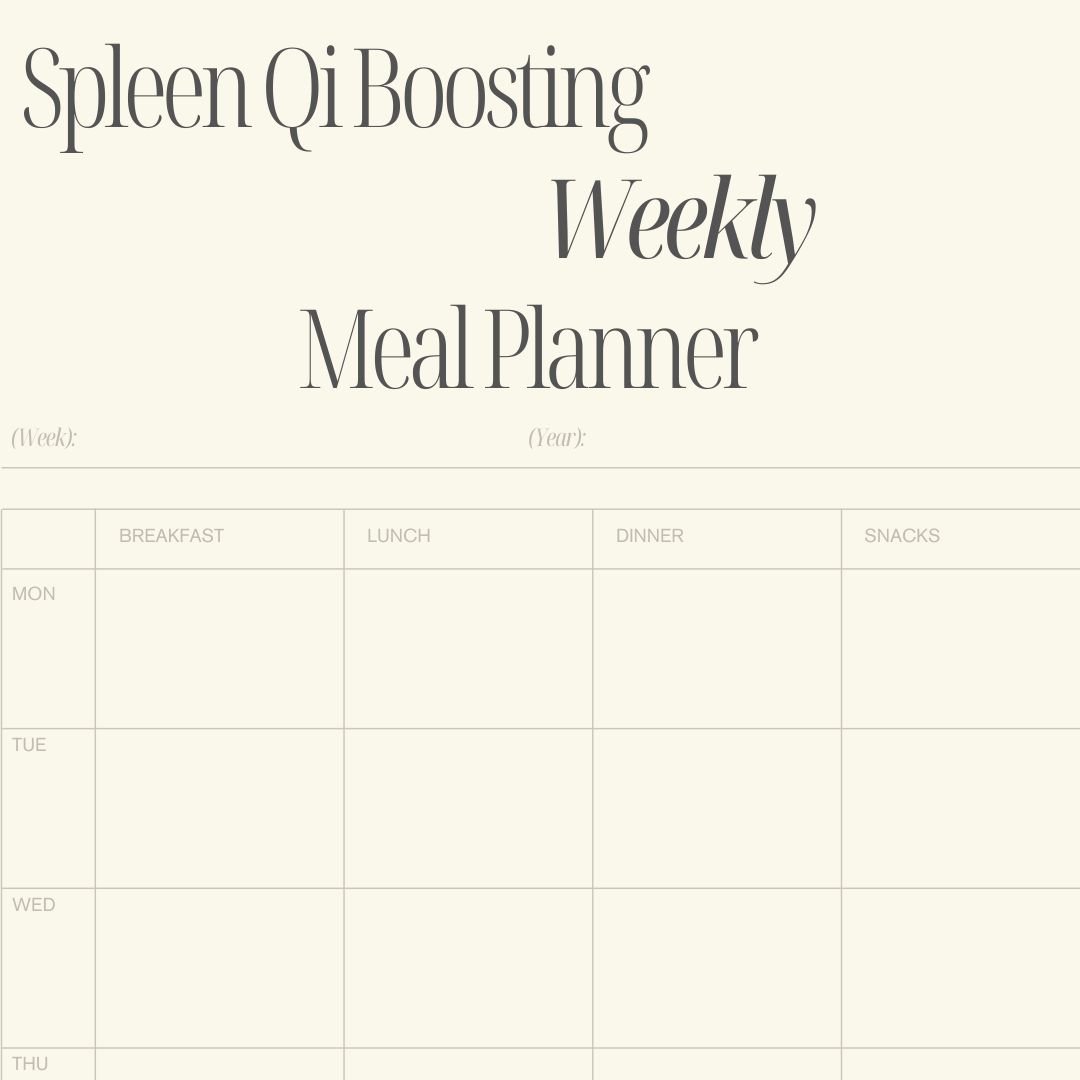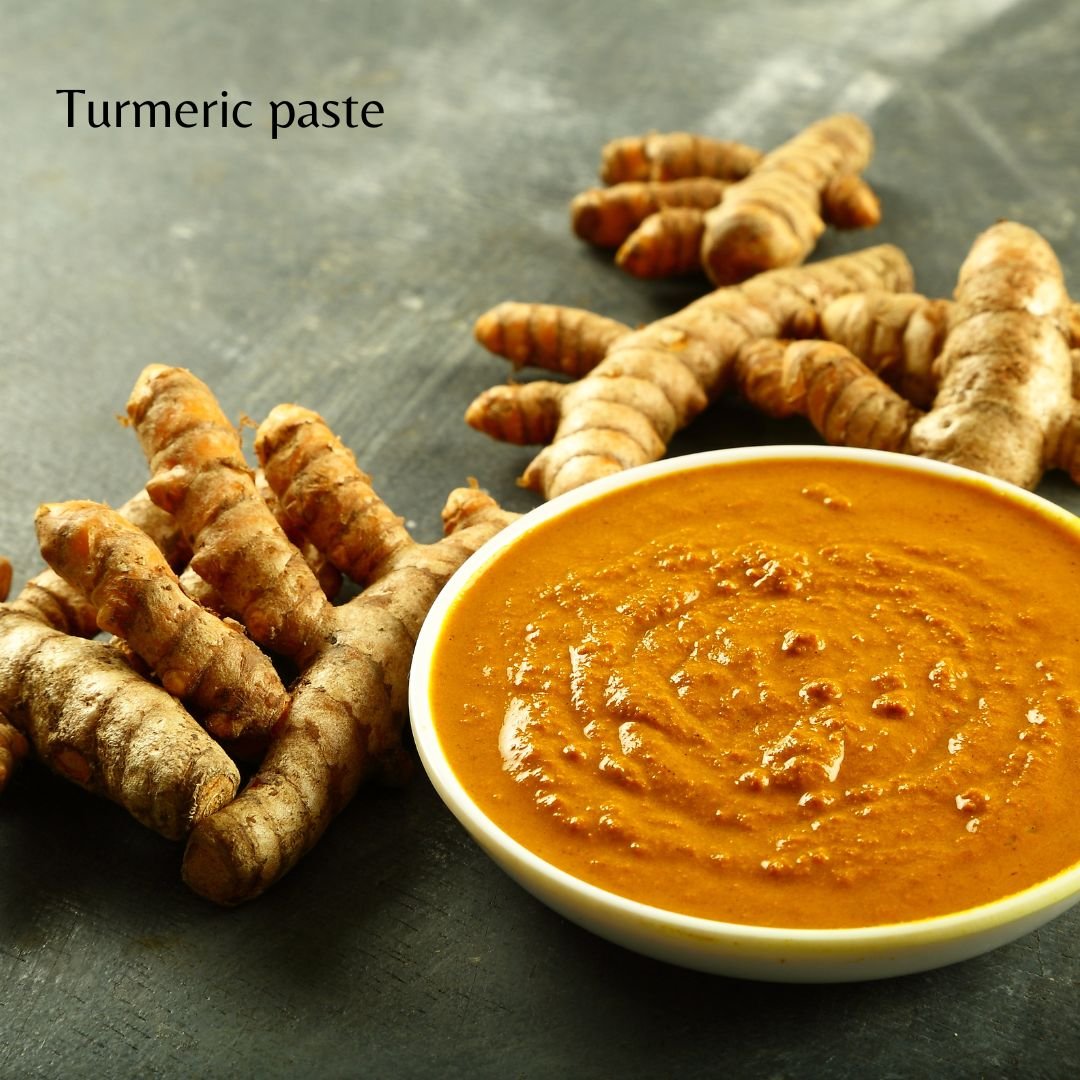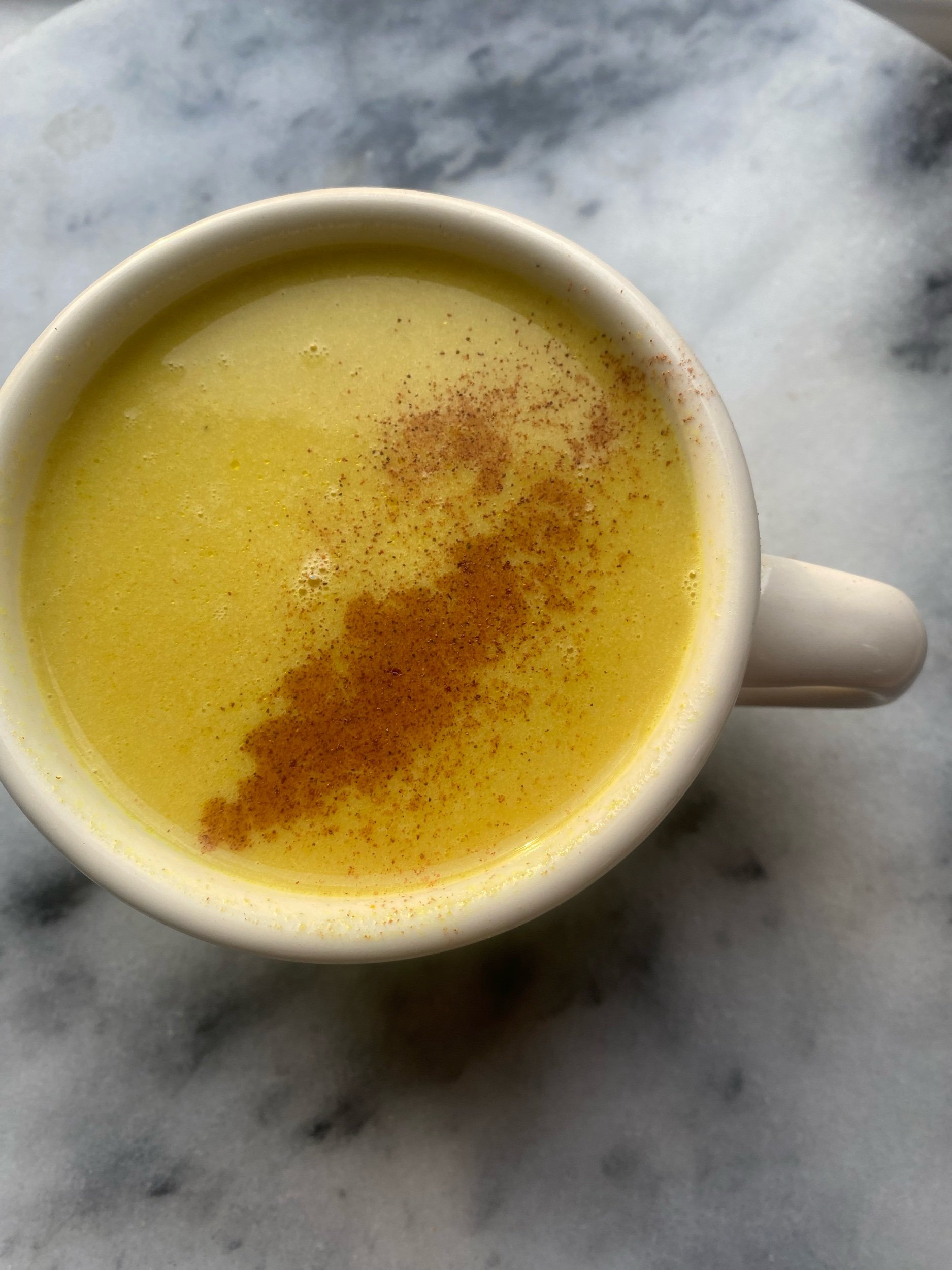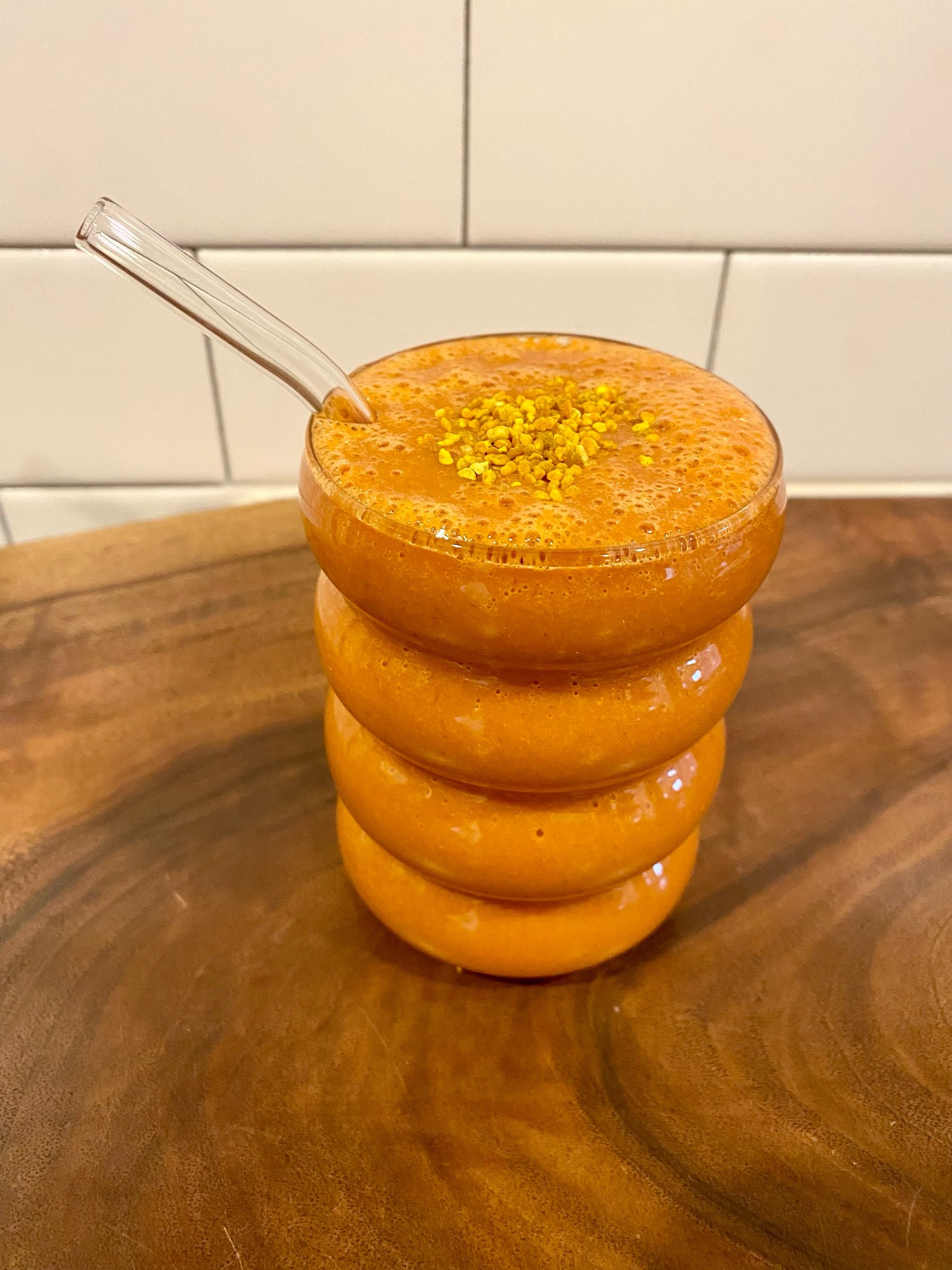Seed Cycling–A Natural Approach to Balancing Your Hormones
Seed Cycling–A Natural Approach to Balancing Your Hormones
Seed cycling is an easy and effective way to help regulate your hormones or support a healthy menstrual cycle through diet and nutrition. The main idea behind this nutritional therapy is that certain seeds carry specific nutrients, such as essential fatty acids, vitamins, and phytoestrogens, that help regulate the body’s regulation and metabolism of hormones.
Phytoestrogens are compounds produced by plants, that mimic the body’s hormones and can bind to specific estrogen receptor sites in the body. These plant-based estrogens benefit a woman’s health and are found in nuts, seeds, certain grains, and medicinal herbs. (Check out this article to learn more about phytoestrogens.) When you ingest therapeutic dosages of these plants, the body potentially has the support it needs to help bring balance and regulate the monthly flow of hormones and menstruation.
This article explains the basics of hormones involved in menstruation, articulates the phases of the menstrual cycle, explains what seed cycling is, and how to easily incorporate it into your routine.
The Menstrual Cycle
A "normal" menstrual cycle is considered to be 28-30 days in duration beginning from day one (the first day of bleeding) — to day one of the next cycle. It is broken up into four interconnected phases. The four phases are:
Menstruation: Elimination of the thickened lining of the uterus, known as the endometrium
Follicular Phase: Starts on the first day of menstruation and ends with ovulation, during this time the hypothalamus tells the pituitary gland to release luteinizing and (FSH) follicle-stimulating hormone, and the body experiences an increase in estrogen levels
Ovulation: Release of mature egg from the ovary, this occurs mid-cycle usually around 15 days from menstruation, Estrogen levels peak.
Luteal Phase: The last phase of your cycle. Progesterone production increases and allows the body to prepare for fertilization. If the egg is not fertilized there will be a drop in progesterone which will cause the lining of the uterus to shed and the cycle to start again.
Seed Cycling For Hormonal Balance
Hormonal imbalances can manifest with many symptoms such as mood swings, irregular or painful periods, acne, trouble sleeping, hot flashes, vaginal dryness, constipation or diarrhea, hair loss, infertility, and much more. Utilizing the innate nutrition of the seeds, they are added into the diet and rotated in conjunction with the phases of your menstrual cycle and, if you are so lucky to be aligned, with phases of the moon. ( If you are unsure of when your cycle truly is, use the Moon as your main reference.)
Day 1 is the beginning of the Follicular Phase and is also considered the first day of bleeding. Ovulation usually occurs around mid-cycle around Day 15, for an average 28-30 day cycles. I know many women reading this are looking for help to balance an abnormal cycle, whether it is too long, too short, nonexistent, or too painful, this self-care regime can help. Look to the moon to establish a routine if your cycle is not linked yet, and begin with the new moon and when you think the first day of menstruation should begin.
How to Seed Cycle
I believe that raw, organic, and fresh-ground seeds are the most vital and potent but essentially they can be whole, ground, or in their ‘butter' form. I am a HUGE fan of essential fatty acids and like to throw those into this cycle as well, so you will see that noted below.
Eat 1 tablespoon of the appropriate ground seeds daily.
Day 1 to Day 14: (Follicular phase, menstruation until ovulation, on the New Moon, when your bleeding begins)
Take: 1 tablespoon ground flax and ground pumpkin with Omega-3 oil (1500mg EPA/DHA)
Day 15- Day 28: (Luteal Phase, ovulation until menses, Full Moon, until you begin bleeding again)
Take: 1 tablespoon ground sunflower and ground sesame with Evening Primrose Oil (500 mg GLA)
Flax seeds contain high amounts of a phytoestrogen called lignin, which binds to excess estrogen so that it can be eliminated from the body easier. Pumpkin seeds are high in zinc which helps the production of progesterone, making this combination great for the beginning of your cycle. Sesame seeds are used in combination with sunflower seeds during the second half of your cycle as these seeds help to block excess estrogens. Sunflower seeds are also high in selenium which is an amazing nutrient to helps balance the hormones.
Seed Cycling Tips
Make sure to check in with a well-versed healthcare practitioner to make sure there is not a serious condition underlying your symptoms.
Store seeds in a glass jar in the fridge to ensure freshness.
This is a great opportunity to become more aware of your body and its natural rhythms- so take time to journal, keep notes, and honor your body. It has been seen that improvements may take up to 3 months to be noticed, but remember everybody responds differently!
If you are prone to digestive issues- you can soak the seeds overnight, which can help reduce issues with absorption or digestive upset.
Practice good sleep hygiene and healthy eating habits.
Maintain YOUR healthy body weight, not too light or too heavy.
Use organic if possible, to minimize exposure to environmental toxins.
Stay active and get your blood flowing!
Grind your seeds! I like to grind my seeds fresh at the beginning of each two-week phase, and then store them in the fridge. If you are going to grind the seeds get yourself a good grinder to save any hassle later. I recommend you grind at least your flax seeds as they are much more digestible this way. You can prepare a mix that you can just grab and use- Grind equal parts flax and pumpkin seeds for days 1-14 and equal parts sesame and sunflower for days 15-28 of your cycle. The fresher ground the better!
How To Incorporate Seeds Into Your Life
Sprinkle your ground seeds into salads, on top of chia pudding, oatmeal, yogurt/smoothie bowls, or blend into smoothies.
You can also get fancy and make milks out of them too! Some of my favorites are Flax Pumpkin Cinnamon Milk and Sunflower Sesame Cardamom Milk.
Self-Care During Menstruation
Self-care is especially important when it comes to women's health, balancing the hormone cycle and focusing on menstruation. As stated a few times in this article, seed cycling is not just for menstruating women but there are a few extra precautions a woman should know if and when she is bleeding. Around menstruation, women usually become more sensitive to their environment and often more vulnerable to cold. From a Chinese medical perspective, this is often associated with a transient and mild state of yin deficiency coupled with an excess “period” of excess yang due to the loss of blood during the shedding of the endometrial lining. Here are some Chinese medicine tips for self-care during menstruation;
Ensure Proper Body Temperature- Too much exposure to heat or cold may cause excess bleeding or slow the flow of blood. Cold tends to lead toward blood stagnation within the uterus while heat can cause a prolonged menstrual cycle. These temperature changes can come from the environment or foods/ drinks and medicine we ingest.
Positive Mood- Many women experience fluctuations in emotional states during and before menstruation, this is because the yin and yang of the body are slightly imbalanced. It is important to stay positive and avoid too much confrontation and agitation to throw off this delicate balance.
Appropriate Levels of Work and Rest- It is important to listen to your body and rest when you are feeling exhausted, but to also make sure you are getting adequate exercise especially right before the menstruation begins. Excessive exercise can exhaust a woman's Qi and may cause irregularities with bleeding.
Personal Hygiene- The body is working hard to cleanse and detoxify the endometrial lining during this time of the month and it is important to help support this downward flow. Making conscious decisions about feminine hygiene products and sexual intercourse is also very important. From a Chinese medical perspective intercourse during active menstruation should be avoided as the blood vessels of the uterus are more open and sensitive making a woman more prone to infection and it may cause the flow of blood to move upwards instead of the natural downward flow.
Want to Learn More?
Women, Hormones and the Menstrual Cycle –Written by Ruth Trickey
Women’s Bodies, Women’s Wisdom, The Classic Guide to Living Well in a Woman’s Body- written by Christiane Northrup, MD
Wild Feminine- written by Tami Kent
Phytoestrogens, article by the Chestnut School of Herbal Medicine
Learn about the science and symptoms of a woman's 28-day menstrual cycle, hormones & period. Explore the science behind the body's greatest mysteries -- in two minutes flat. Via Glamour/ You tube
Resources
Balch, P. A. (2011). Prescription for nutritional healing: A practical A-to-Z reference to drug-free remedies using vitamins, minerals, herbs & food supplements. London: Penguin.
DIETARY PHYTOESTROGENS, Mindy S. Kurzer and Xia Xu, Annual Review of Nutrition 1997 17:1, 353-381
Doris M. Tham, Christopher D. Gardner, William L. Haskell; Potential Health Benefits of Dietary Phytoestrogens: A Review of the Clinical, Epidemiological, and Mechanistic Evidence, The Journal of Clinical Endocrinology & Metabolism, Volume 83, Issue 7, 1 July 1998, Pages 2223–2235, https://doi.org/10.1210/jcem.83.7.4752
Disclaimer - All information provided on this site is not meant to take the place of the advice of your health care provider but it is intended to help you make more informed decisions and take greater responsibility for your own health. Please do not use this information to diagnose or develop a treatment plan without consulting a well-versed health care provider. Please feel free to email me with questions or please make an appointment if you would like to discuss any information presented in further detail.


























🌿 Love What You See? Want It All? This bundle was made for you! 🌿
Get the ultimate herbal wellness collection in one beautifully curated package. This bundle includes:
✨ Essential Tastes Cookbook – Explore the Five Flavors of TCM through immune-boosting, nourishing recipes.
🥗 Spleen Qi Meal Planners – Two full weeks of meal plans (vegetarian and non-vegetarian) to support digestion and energy.
🫙 Herbal Pantry for Everyday Wellness – Learn the top 10 must-have herbs and exactly how to use them at home.
Whether you’re just starting your herbal journey or deepening your practice, this bundle gives you the tools to nourish your body, mind, and spirit—season by season, meal by meal.
✨ Save big and empower your kitchen with centuries of wisdom—naturally. ✨
$70 value for only $45!